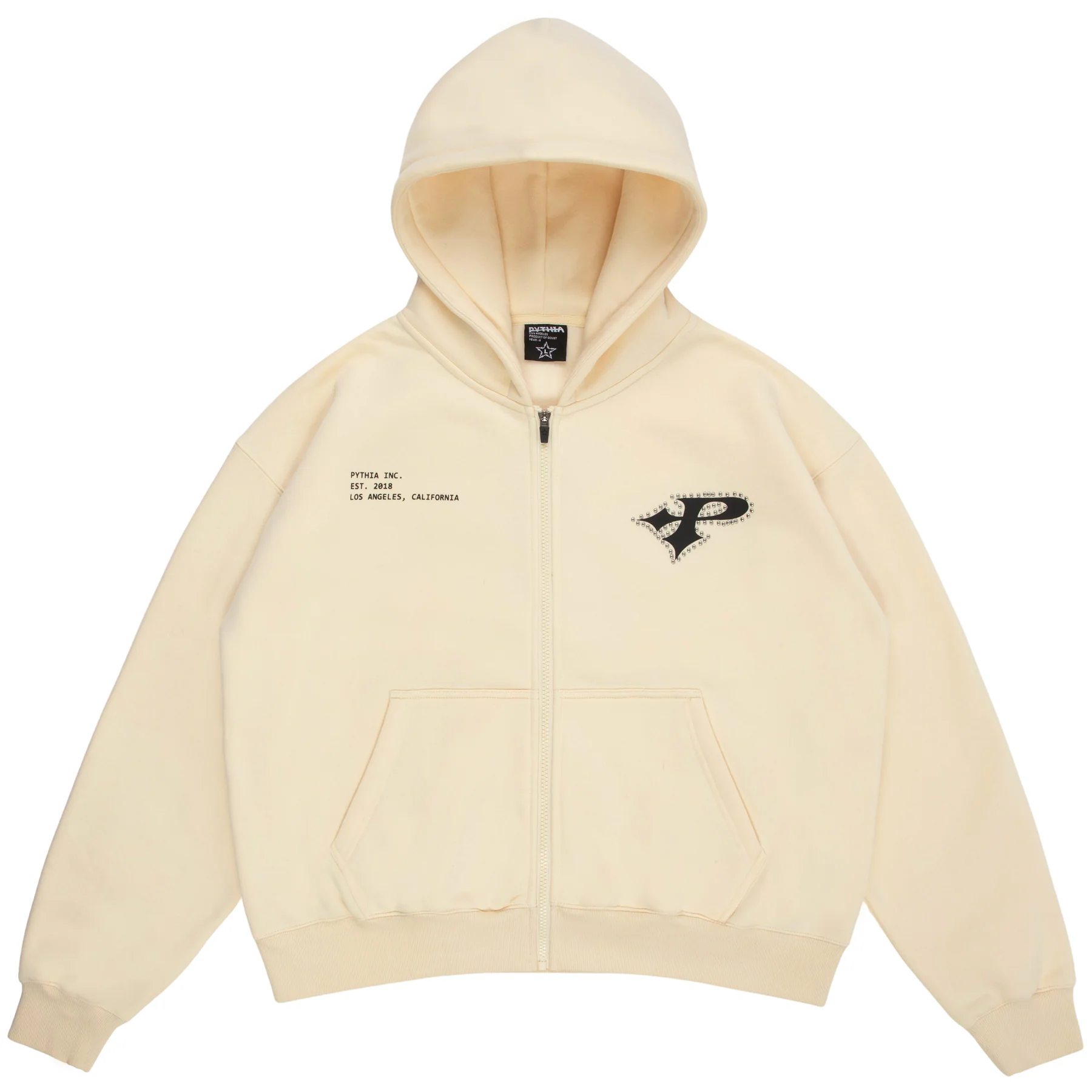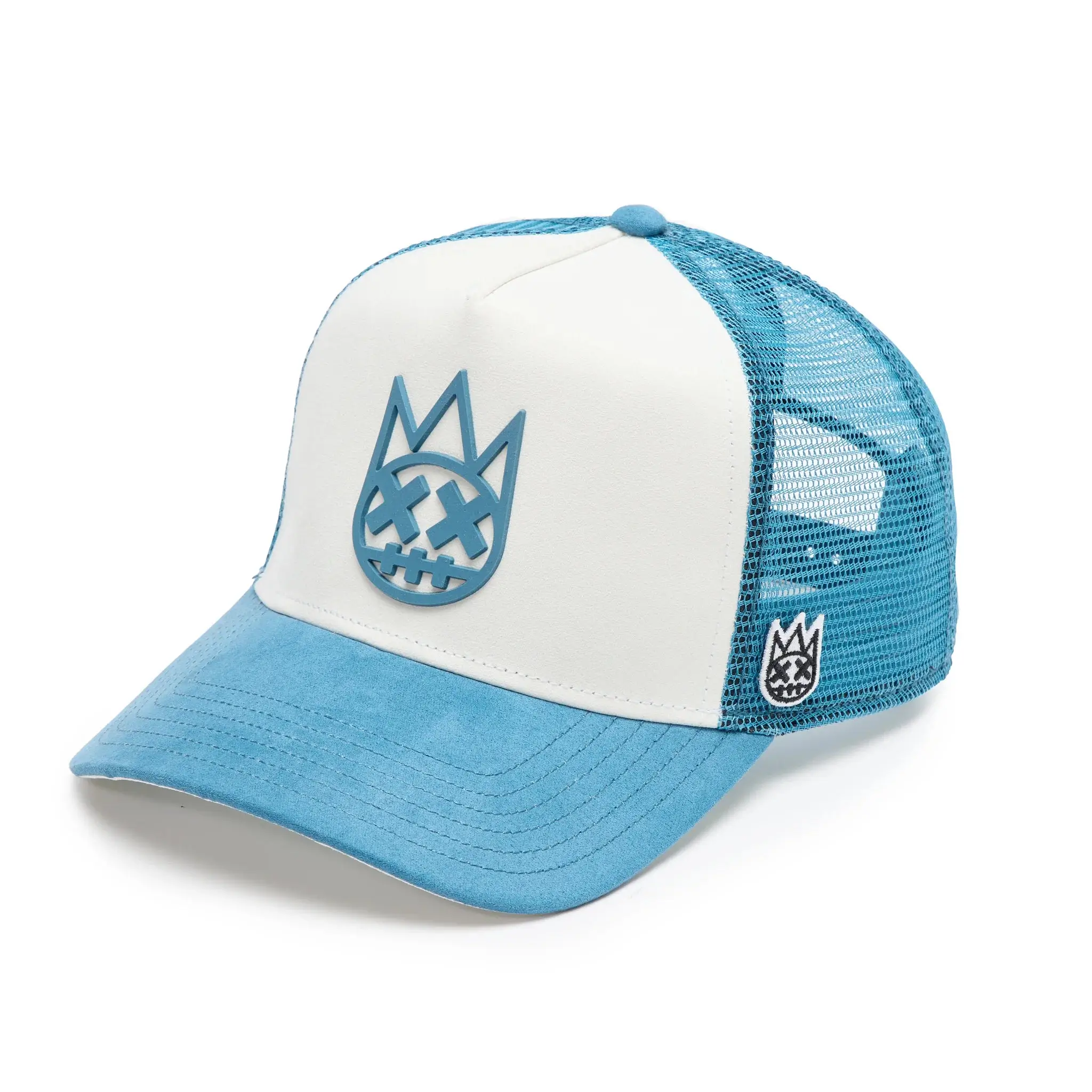Cult Danish fashion brand Ganni has taken a bold step in sustainability by signing a four-year offtake agreement with Ambercycle, a Los Angeles-based material innovation startup, to use its pioneering recycled polyester, Cycora. This connect marks a significant milestone in the fashion industry’s ongoing push toward circularity and more sustainable production methods. By committing to purchasing Cycora before it has even been produced, Ganni is not only demonstrating its commitment to environmental responsibility but also signaling confidence in the potential of next-generation textile recycling technologies.
Understanding Cycora and Its Potential Impression
Cycora is a next-generation recycled polyester developed by Ambercycle, aimed at addressing one of the biggest challenges in fashion sustainability—textile-to-textile recycling. Unlike traditional recycled polyester, which is typically derived from plastic bottles, Cycora is made by breaking down old textiles into their molecular components and rebuilding them into high-quality fibers. This innovation represents a significant advancement in sustainable materials, as it offers a potential solution to the waste crisis caused by fast fashion and the widespread use of blended materials in garment production.
According to Ganni’s co-founder, Nicolaj Reffstrup, Cycora has the potential to “change the game” when it comes to textile recycling. He emphasizes the importance of investing in material innovation that can close the loop in fashion’s supply chain, ensuring that textiles that would otherwise end up in landfills or incinerators are given a new lease of life.
The Challenge of Textile-to-Textile Recycling
Textile recycling is notoriously difficult due to the complexity of modern fabrics, which often contain blended materials such as polyester-cotton mixes that are challenging to separate and recycle efficiently. Moreover, conventional recycling methods tend to degrade the quality of fibers over time, making it difficult to maintain the durability and aesthetics required for fashion products.
Currently, the majority of recycled polyester in the fashion industry is sourced from plastic bottles, which, while reducing plastic waste, diverts valuable materials from their original recycling stream and does little to address the growing problem of textile waste. By shifting the focus to textile-to-textile recycling, innovations like Cycora aim to create a closed-loop system, where garments can be continuously repurposed without loss of quality.
Why Ganni’s Offtake Agreement is a Big Deal
The offtake agreement between Ganni and Ambercycle is particularly significant because it represents a proactive approach to sustainability. Traditionally, brands wait until materials are readily available before committing to their use. However, by agreeing to purchase Cycora before production, Ganni is helping to de-risk innovation and encourage further investment in sustainable technologies.
Sustainability advocates have long pushed for such agreements, arguing that fashion brands need to take responsibility for their environmental footprint by supporting emerging material solutions. This approach ensures that startups like Ambercycle have the financial backing to scale their operations and refine their processes, ultimately leading to broader adoption across the industry.
Ganni’s Broader Sustainability Commitment
Ganni has been at the forefront of sustainable fashion efforts, implementing various initiatives aimed at reducing its environmental impact. The brand has set ambitious targets, including:
•Cutting Carbon Emissions: Ganni has committed to reducing its greenhouse gas emissions by adopting more sustainable materials and production methods.
•Responsible Material Choices: The brand has been transitioning away from virgin polyester and other high-impact fabrics in favor of innovative alternatives like Cycora.
•Take-Back Programs: Ganni encourages customers to return worn items for resale or recycling, promoting a circular economy.
This new partnership with Ambercycle aligns seamlessly with Ganni’s broader sustainability goals, reinforcing its reputation as a brand that prioritizes environmental responsibility while maintaining a strong fashion-forward identity.
How Cycora Fits into the Future of Sustainable Fashion
The use of Cycora aligns with the fashion industry’s increasing focus on circularity, where waste materials are reintegrated into the production cycle instead of being discarded. If Cycora proves successful at scale, it could revolutionize the way brands source polyester, potentially replacing virgin and bottle-based recycled polyester with a more sustainable alternative.
Some of the key benefits of Cycora include:
Reduction in Textile Waste: By directly recycling old garments, Cycora prevents tons of textile waste from ending up in landfills or incinerators.
Lower Carbon Footprint: The production of Cycora requires significantly less energy and water compared to virgin polyester, leading to reduced greenhouse gas emissions.
High-Quality Material Output: Unlike traditional recycling methods, Cycora retains the strength, flexibility, and appearance of virgin polyester, making it suitable for a wide range of fashion applications.
Encouraging Circular Fashion: With brands like Ganni leading the charge, the adoption of Cycora could pave the way for industry-wide acceptance of circular material solutions.
Challenges and Opportunities Ahead
While the partnership between Ganni and Ambercycle represents a promising step forward, several challenges remain in the broader adoption of recycled textile materials:
•Scalability: Producing Cycora at scale to meet the demands of global fashion brands will require significant investment in infrastructure and supply chain logistics.
•Consumer Perception: Educating consumers about the benefits of recycled textiles and encouraging them to support sustainable brands will be crucial in driving demand.
•Regulatory Support: Government policies and industry standards will play a role in incentivizing brands to prioritize recycled materials over virgin options.
However, these challenges also present opportunities for innovation, collaboration, and the development of new business models centered around sustainability.
The Road Ahead: What This Means for the Fashion Industry
Ganni’s commitment to Cycora underscores a broader shift within the fashion industry toward sustainability and circularity. As more brands follow suit, we can expect to see:
•Increased Investment in Material Innovation: More funding directed towards startups developing sustainable alternatives to traditional materials.
•Pressure on Larger Brands: As pioneering brands like Ganni take action, larger corporations may face pressure from consumers and stakeholders to adopt similar measures.
•Transparency and Traceability: The demand for sustainable materials will likely lead to enhanced supply chain transparency and the use of blockchain and digital tracking technologies to verify the origin and lifecycle of recycled textiles.
Ganni’s four-year agreement to use Cycora is a landmark moment in the journey toward a more sustainable fashion industry. By committing to textile-to-textile recycling before it becomes mainstream, the brand is taking a bold and necessary step to address one of fashion’s most pressing environmental challenges.
By embracing cutting-edge materials and adopting a proactive approach, Ganni is demonstrating that sustainability and style can coexist—and that true innovation requires commitment and vision. With more brands likely to follow in their footsteps, the widespread adoption of textile recycling could soon become a reality, ushering in a new era of responsible fashion.
No comments yet.









